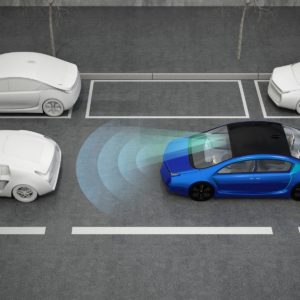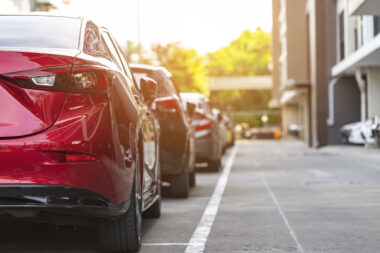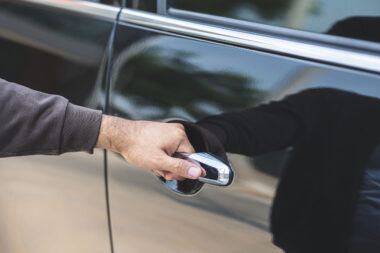The new mobility era is almost upon us. Soon our roads and motorways will be dominated by driverless, connected vehicles. These will bring all sorts of exciting benefits to people across the world. Imagine renting a car on holiday by simply using a smartphone app and then having the vehicle make its own way to your location. The possibilities are endless.
Unsurprisingly, all the tech giants are looking to get involved in the growing market; Google and Apple are testing self-driving vehicles, while the transport tech company Uber is also exploring driverless technology. Then there’s Elon Musk’s Tesla and its futuristic fleet of vehicles.
Increased connectivity could make the in-car experience radically different in future, as manufacturers and tech giants are realizing. Travelling in a vehicle will present the chance to relax rather than stress over traffic or panic about finding your way around an unfamiliar area. Smart dashboards will interact with your Spotify account, instantly playing your favorite tracks as soon as you step inside, and you’ll be able to activate smart home devices from your car seat.
However, to reach its potential, we must ensure the underlying security architecture for driverless and connected technology is correct.
Our survey
To find out more about consumer expectations for connected cars, we asked over 7,000 people from around the world about their expectations over the next 10 years. Significantly, well over a quarter (28%) said they wouldn’t trust a driverless car to complete a journey safely at all. Overall, nearly half (47%) said they felt worried about hackers, demonstrating that trust is clearly a barrier to overcome.
However, over a third (36%) thought it was likely driverless cars will be the main form of transport in a decade’s time. In addition, the survey highlighted enthusiasm for the benefits of connected cars – 23% believed the increase in connectivity would save time, while 26% would be comfortable using a smartphone as a key. In terms of priorities, nearly two fifths (37%) would want driverless and connected vehicles to be easy to drive, while the same percentage would be keen to save money. If we can get the security right, there’s clearly a lot of demand to tap into.
The survey also revealed some interesting regional differences. Over a third of Germans (34%) don’t trust driverless vehicles at all. Interestingly, the Americans (40%) and British (34%) both attach huge importance to cost-saving when renting a connected vehicle.
What we need to do
We discussed in a previous post the five pillars of a successful connected vehicle security strategy.
Security by design is crucial. Patching vulnerabilities up at a later stage are unlikely to inspire trust among customers. Security needs to be front-of-mind right at the beginning of the manufacturing process. Manufacturers and tech companies should also consider the lifecycle of the car, as well as the smartphone and mobility services. Real-time security checks, which constantly evolve to counter dynamic threats, are also extremely important. Strong partnerships are also crucial; with multiple stakeholders involved in developing connected and driverless vehicles, we need to encourage collaboration and the sharing of expertise.
Of course, these security solutions must not jeopardize customer convenience. The experience of using connected features in a vehicle needs to be a simple and seamless one.
What do you think about the future of automotive & mobility services? Let us know by posting a comment below or tweeting to us at @Gemalto. To discover more about our new mobility survey, look at our infographic here.




